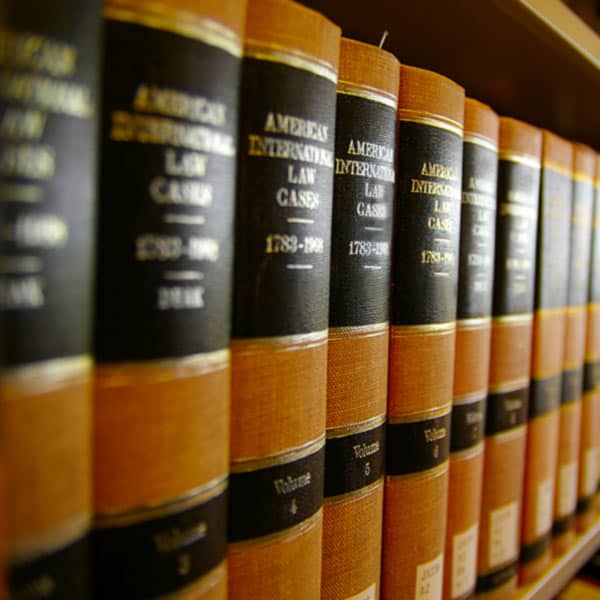Types of Personal Injury Damages
Compensatory Damages
Compensatory damages are available in almost all personal injury lawsuits. Their purpose is to reimburse or compensate the injured for the damage they incurred.
- medical bills
- loss of earnings
- loss of future earnings
- cost of future medical care
- costs of household expenses related to injury
- costs associated with cancelled trips or altered plans
These types of compensations are found in most personal injury lawsuits as they cover the costs most directly associated with the negligent actions of the defendant.
Personal injury lawsuits can also have more specialized types of compensatory damages. Injuries can leave the plaintiff in a state of mental disarray that can impact their lives on various scales. In circumstances where the injury was fatal, a spouse can pursue damages for this loss since they can no longer be with their loved one.
- Mental anguish
- Pain and suffering
- Loss of companionship
Punitive Damages
Punitive damages, or exemplary damages, are unlike compensatory damages as they are not designed to compensate the victim for the damages and injuries incurred. Punitive damages occur when the defendant’s actions were so careless and so overtly abhorrent that a jury finds they are to pay more in damages as punishment for their actions. States handle punitive damages differently between themselves and in different types of cases. Each state usually creates a cap of how high punitive damages can reach for any given type of accident.
Punitive damages are often the result of an injury that occurred when the defendant acted in gross negligence. They can also be a result of intentional harm rather than mere negligence. An example of a situation that might create a basis for punitive damages is if an underage or untrained person was knowingly allowed to operate a dangerous vehicle by their employer or parent. The employer or parent would likely be held for punitive damages. Another situation can be found in circumstances where the person injured was disabled or otherwise defenseless, while they were in the care of another professional. By taking advantage of the injured person’s vulnerability, the defendant would likely be held responsible for punitive damages.

Wrongful Death Damages
Wrongful death damages are associated with personal injury lawsuits in that which the negligence of the defendant resulted in the death of the plaintiff.
- Funeral and Burial expenses
- Loss of services and support
- Loss of financial contribution
- Loss of companionship and consortium
- Emotional distress of loved ones
- Medical care costs – pre-death
Filing a Personal Injury Lawsuit
How do I Know if I Should Pursue a Personal Injury Claim?
If you were an innocent victim in an accident that occurred due to another’s carelessness or negligence, then you likely have a personal injury claim and may be eligible to file a lawsuit. The injury must have resulted in real costs, such as medical costs or property damage, and must have been directly caused by the defendant’s actions.
How Long Does a Personal Injury Lawsuit Take?
Personal injury lawsuits vary in time depending on the nature of the case. Personal injury lawsuits may take a long time, possibly lasting a year or two after being filed. This process can take even longer if multiple appeals are made to different levels of the court system. Despite this, most personal injury lawsuits end earlier in settlement negotiations between the parties.
How do I File a Personal Injury Lawsuit?
To file a personal injury lawsuit, it is important that you collect evidence of the accident through pictures and documentation. Depending on the circumstances, it may be imperative to speak to a police officer or your employer in the case of a workplace accident to ensure a proper accident report was filed. A doctor should also be consulted to evaluate the injuries incurred and their causes. Armed with this information, a personal injury attorney can guide you through the legal system and how to properly give notice to the defendant in your case. An attorney should be consulted as soon as possible to ensure the suit is not barred by the time restrictions created by each state’s statute of limitations.
Finding a Personal Injury Lawyer
How The Law Center Can Help
The Law Center specializes in connecting the sick or injured with an attorney that can help them or their family through a personal injury lawsuit, and be made whole again. Every personal injury claim is different and it takes the care of a trained legal professional to properly assess. The Law Center has a national network of premier personal injury attorneys who have recovered billions of dollars for victims and their families. If you or a family member are a victim due to someone else’s negligence, contact The Law Center immediately at 866-465-1419 or by filling out the form below.